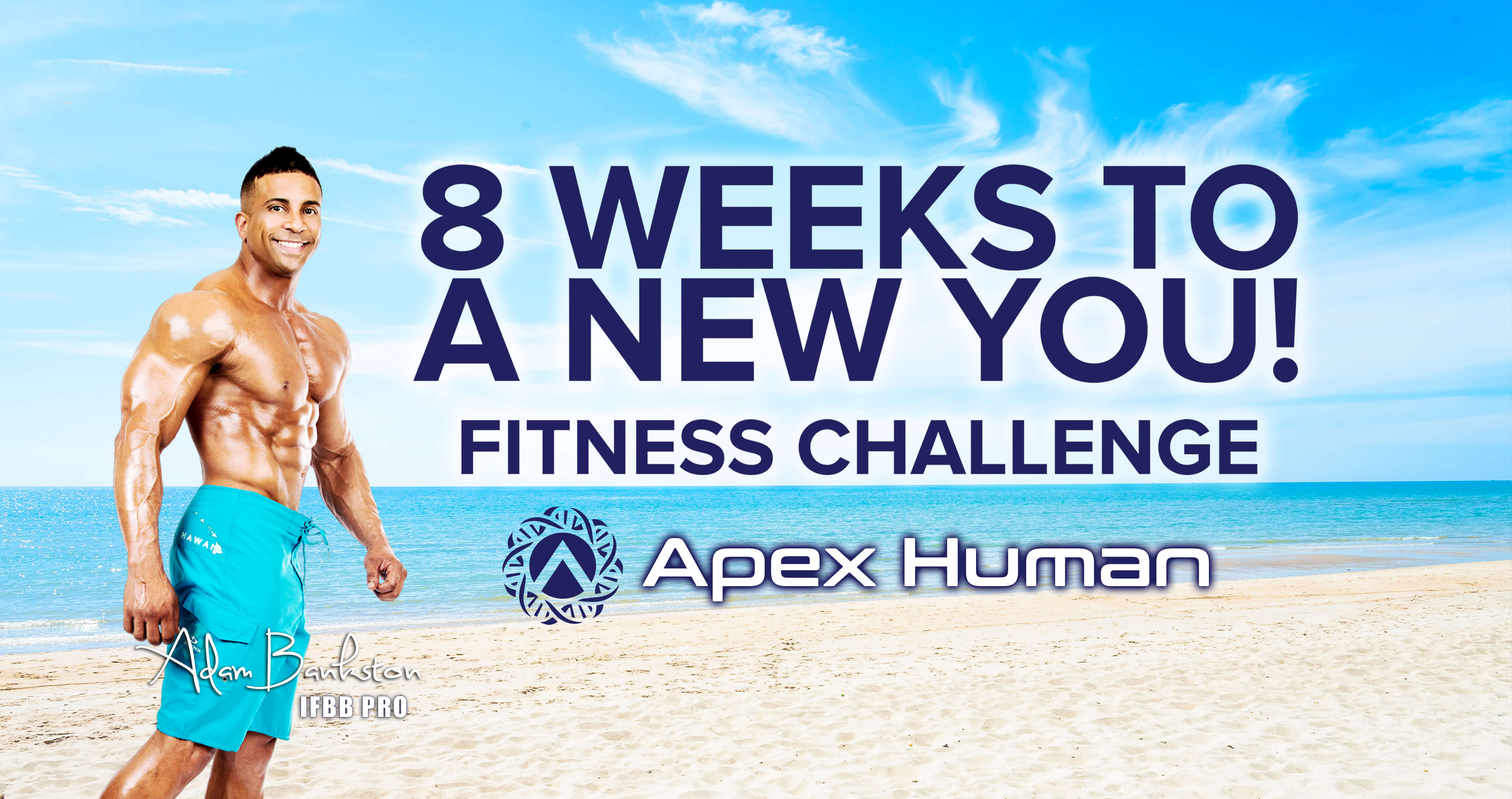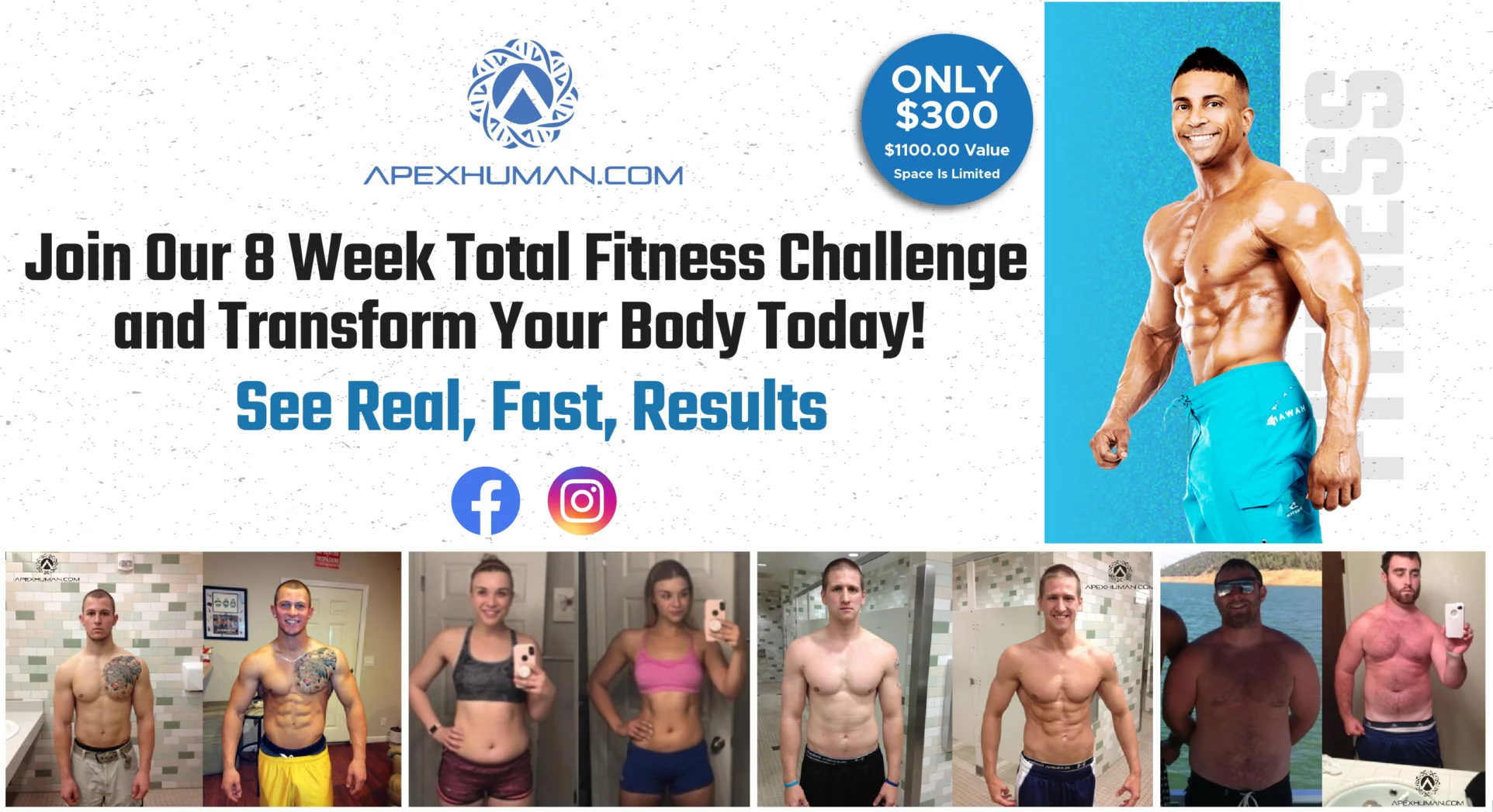Why Am I Recommended These Specific Exercises on These Days?
The set of exercises recommended for each of your skeletal muscle groups are based on well researched, tried and tested techniques, and are designed to work out the 3 areas of each muscle according to gravity Proximal (upper), Medial (middle), and Distal (lower).
Muscles that work in tandem with one another are exercised on the same day. For example “Primary Muscles” such as back are grouped together to be exercised on the same day as “Secondary Muscles” such as biceps in order to prevent a sore muscle from being exercised again too soon before enough time passes and nutrients are consumed to allow the muscle fibers to adequately heal.
Muscles that support others or that are within close proximity of each other are also grouped together on the same day in order to maximize your body’s circulation of blood or “pump”. What we’re striving to accomplish is to send as much of our available nutrient filled blood as possible to muscles that are working together or that are in the same region of the body. This is why normally during our strength training we don’t exercise muscles below the torso and above the torso in the same session.
Imagine if you were filling a swimming pool with water that had a huge hole in the bottom, the hole sucking water out as you put it in. Would the pool ever stay completely filled? For example, the same thing happens for example when exercising your quads in the same gym session as your shoulders. Instead of sending all your available nutrient rich blood to fill your shoulders (the pool) and remain there, it gets sucked down below your torso by your quads. Your shoulders don’t stay filled up, completely diminishing your pump by sending your blood to two completely opposite ends of your body.
How Long Should I Wait After Eating To Start My Exercise?
When your blood is not needed at your stomach to facilitate digestion of your food, more of it is available to circulate nutrients to the muscles you are targeting, resulting in a much better “pump” and quicker nutrient delivery to muscles.
Try to ALWAYS work out on a nearly empty stomach. Wait at least 1 ½ to 2 hours after eating a meal to take pre-workout supplements and exercise. It’s the same logic mom’s use when telling their children to wait at least an hour before swimming. If you’re taking any pre-workout supplements they will be 10X more effective on an empty stomach. Plus not having to churn and digest food during your exercise will free up more blood for oxygen circulation, faster nutrient delivery to target muscles, and optimize your energy levels. Exercising on an empty stomach will also prevent any discomfort you may experience with exerting energy on a full stomach, in addition to accelerating fat burning.
What Supplements Should I Take During My Exercise?
Sip on 1-2 scoops of Branched-Chain Amino Acids (BCAA’s) with water during strength training and cardio exercises to prevent muscle wasting and increase fat burning, in addition to drinking water as well. If you would rather just drink water during your exercise, that is okay too.
Stay away from drinking beverages with sugar in them like Gatorade, Vitamin Water, Monster, Red Bull, or any other energy drink with a lot of caffeine in them. These drinks may momentarily boost your energy levels by spiking your body’s insulin however the sharp spike is soon followed by a drastic drop, an energy roller coaster ride which will cause you to experience extreme high then low energy. Too much caffeine may likely cause you to develop severe headaches during your exercise. When your body’s cortisol (stress hormone) levels are raised too high this paralyzes your body’s physical productivity and can even damage cells rendering your exercise counterproductive.
What we want is a consistent level of energy and having just the right amount of caffeine before you exercise is a good thing (100 mcg) which is the amount you’ll find in any good pre-workout supplement formula. However as we all know, too much of a good thing will have negative effects. It is very important to balance your daily caffeine intake because too much caffeine can lead to stress and anxiety.
What if I Can’t Finish My Set?
Stop, take 2 full breaths then finish the remaining reps in your set with smooth steady flexion and extension.
Focus on quality not quantity. Try to execute each movement intentionally not recklessly. Use good form and place the tension of the weight on the Medial portion or bell (center) of the muscle you’re working.
Focus your mind in the moment and picture the muscle you’re working to develop your “Mind Muscle Connection”. Studies show merely thinking about the muscle you’re working while training recruits 30% more muscle fibers than if you were not focusing your mind.
How Long Should I Exercise for?
Never spend more than 1 hr. 15 min lifting. Even if you haven’t finished all the exercises for that day, after 1 hr. 15 min stop then go straight to your recommended cardio.
Often times the gym can turn into a socialized event which is fine. It’s nice to catch up with friends you have much in common with. Just remember spending more time socializing than lifting is counterproductive, will raise your body’s cortisol (stress hormone) levels, and start to defeat the purpose of exercising. Try suggesting getting together after your exercise it will be much more enjoyable.
What Are the Best Exercises for Cardio?
If your exercise plan includes morning cardio feel free to choose from any of these options for as long as your exercise plan recommends. The elliptical, stair stepper, bicycle, running, speed walking on the treadmill, or a professionally instructed class like Zumba, Pilates, Spinning, or Cross Fit. Whichever you’re most comfortable with.
The best choices for your cardio depend on your fitness goal. Options for cardio (after weight training) include no more than 15-30 min (whatever your exercise plan recommends) on the elliptical, stair stepper, bicycle, running, speed walking on the treadmill, or a professionally instructed class like Zumba, Pilates, Spinning, or Cross Fit. Whichever you’re most comfortable with.
Remember keeping a consistent pace, maintaining a steady strong breath cycle, and focusing on exhaling slightly longer than inhaling are helpful breathing techniques to maintain optimal oxygen levels, cultivate mental acuity, and increase your physical endurance.
When and What Should I Eat After Exercising?
After your workout get a meal with carbs in IMMEDIATELY. This is very important since your blood glycogen levels will be depleted and with no carbs circulating in your bloodstream your body will soon turn catabolic (low energy, irritated, begin to strip amino acids from muscle tissue for energy etc.)
You can replenish your glycogen levels by either taking a carbohydrate supplement immediately after exercise or by eating a meal on your diet plan with rice, sweet potatoes, or oats along with a protein source of your choice.
For example if you can only work out at 11:00am your 12:30pm meal would be perfect OR if you work out at 9:00am push your 9:30am meal back to 10:00am eating every 3 hours after.
Is My Exercise Plan Compatible with My Diet Plan?
Your exercise plan has been specifically designed according to your diet plan, particular body type, personal health and fitness goal, and all the questions answered in the algorithm supported questionnaire. Your exercise plan intentionally focuses on that which corresponds synergistically to your diet protocol in order to maximize your efforts and results. Once you’ve reached your desired body composition you can simply maintain or you can use our complex algorithm supported questionnaire to create new plans if you so desire.
This exercise plan is based on decades of research and incorporates the most amazing truest and tried beneficial physical exercise techniques. When you start you will begin to notice amazing results immediately!
Legal Disclaimer
The aim of Apexhuman.com is to provide timely accurate information on nutrition, diet, supplements, and exercise for health professionals, athletes, and the public. The contents of your customized diet plan are not intended to offer personal medical advice. You should always consult your personal physician or other qualified health providers before starting any new exercise, supplement, or diet plan and with any questions you may have regarding a medical condition.

